The River Food Pantry (2201 Darwin Road, Madison) is the busiest food pantry in Dane County, and it’s in the growing stages of becoming a holistic hub for addressing household stability—“food, housing, health, and work/life”—for local people in need.
The River was “faith-founded” in 2006 by Andy and Jenny Czerkas. In 2017, Charles McLimans took on the role of President & CEO. McLimans has more than two decades of non-profit organizational leadership and philanthropy experience in the Midwest. His roots in hunger relief work started in 2006 when he began volunteering at Loaves & Fishes Community Service in Naperville, Illinois, where he eventually became the President & CEO for seven years before continuing on with the same title for Feeding America Eastern Wisconsin in Milwaukee. McLimans is also a consultant and co-owns New Health Chiropractic with his husband, Dr. Richard Merrion, with whom he shares their Madison home with their three cats.
With the input of hundreds of stakeholders, the core values of “respect, compassion, community, caring, generosity” were set forth in the 2018 strategic plan and preparations have been underway to develop strategic partnerships with other organizations that can offer complementary household stability services to clients alongside The River, under one roof.
It is too soon to share specifics, however McLimans hopes that the expansion can take place within two or three years, which will require a successful campaign to secure a 25,000–30,000 square foot facility.
“In order to be fully nourished, a human needs to be nourished in body, mind, and spirit,” McLimans says, “and so we want to begin to introduce those elements in our current facility. We are also looking at expanding in order to fully live into this plan and to offer those collaborative services and to have a holistic service hub onsite.”
“Food, resources, and faith to build a stronger community” is the guiding mission, and though the non-profit was “faith-founded,” McLimans emphasizes that that definition of faith is inclusive.
“We have many different languages, many different cultures, many different faiths represented, and we want to welcome them and make them feel included and bring their interpretation of faith too, as they would do it. It also means that we have faith in our ability to make a difference. We have faith in our community. And we have faith that we are making a difference in making a stronger community.”
McLimans refers to the food pantry as “The River” because, he explains, they are trying to get away from the “p-word.”
“It doesn’t adequately describe what we do,” he adds.
Come to the River
Any Dane County resident may come to The River. Clients self-report income, which must be 185% or below the federal poverty level. Out of its current 11,000 square foot facility, over the course of a single week, The River provides over 1,000 local families with access to groceries, clothing, and household items; a full-service kitchen serves 800 hot meals; and the MUNCH lunch program offers 400 packed mobile meals for school children and teens on all non-school days, excluding major holidays.
All of this emerges from the 65,000–75,000 pounds of product that moves through the facility every week. There are 15 paid staff, who work hard alongside hundreds of volunteers, all of whom are the engines of The River. In 2018 over 49,000 hours were clocked, which is the equivalent of 24 full-time employees.
Sharon Mohr is a retired volunteer who works at The River essentially full-time in the clothing area. She started volunteering in October 2012 and “fell in love.”
“Volunteers are here because they want to be,” she says.
Mohr witnesses the difference made by a little help and a friendly face. For example, she knows of a family with two kids and, between both parents, they are working five jobs and cannot pay for childcare. “These are people trying to make ends meet,” she says. Mohr adds that clients are grateful for, say, access to clothing especially during transitional seasons when their kids need to wear different clothes but have outgrown what they had from the year before. Even if people might feel shy at first, by the end of their first session, she says that clients feel like they belong there.
Maya, who wishes to use a pseudonym, is cisgender, femme-identified and often goes to The River with a friend. For her, it’s not only about meeting needs but having community.
“I really loved the first time I went to the River because it felt like a party. It felt like a treat. I felt like it was a place where I was made to feel special,” she explains. Maya’s household has four adult college students (herself included), plus a minor and an infant. Although she owns a home, the burden of expenses to keep it, provide healthy food, and keep everyone in school is substantial compared to the income coming in.
“If we didn’t live frugally, if we didn’t have the help of places like The River Food Pantry, we wouldn’t be able to get the good, healthy food and be able to cook at home, which is what we do,” Maya says. “And one of the things we do to help our lives and to keep us tight as a family is we always have a home cooked dinner…we know and appreciate that that food came from donations of people who are helping and caring for others.”
The face of hunger
There are a number of personal as well as systemic and institutionalized factors that may lead to food insecurity in someone’s life, and disproportionately so depending on one’s intersections. Still, it can be an invisible or misunderstood struggle.
“People still don’t really know what the face of hunger looks like because you can’t see hunger on someone’s face,” McLimans says.
According to the USDA, more than 1 in 10 families in Wisconsin are food insecure. According to the Wisconsin Food Security Project, “Not all households have the same risk of food insecurity. Groups at particularly high risk include the poor, African-American and Hispanic households, households with children, female-headed households, households in which no adults have completed college, and households with a disabled person.”
The LGBTQ community is also disproportionately affected by food insecurity. According to a 2016 report, “Food Insecurity and SNAP Participation in the LGBT community,” published by the Williams Institute at UCLA, food insecurity affects 27% of LGBTQ adults versus 17% of non-LGBTQ adults. The report states, “Contrary to popular stereotypes of the lesbian, gay, bisexual, and transgender community as affluent, research demonstrates not only widespread economic diversity among LGBT people but also that lesbian, gay, and bisexual are often more likely to be poor than straight people and that transgender individuals face extremely high rates of poverty.”
Food insecurity is 60% more likely in LGBTQ seniors than non-LGBTQ peers, and among LGBTQ people, 42% of African Americans, 33% of Hispanics, 32% of American Indians and Alaskan Natives, 21% of Whites, 12% of Asian and Pacific Islanders, and 38% of “other”/multiracial people reported not having enough money for food in the prior year.
“We do serve a very diverse population, and being a member of the LGBTQ community, I am aware of a number of people who come here,” says McLimans.
“We have tried to make it as welcoming as possible and let people know that we are a welcoming organization for everybody…We have seen young people who have been kicked out of their homes that are facing homelessness…we have seen other people who are struggling with trauma in their life, who may not be able to be fully employed, that use our services, and a number of LGBTQ seniors who may be facing health challenges that also use our services…I’ve seen a number of trans individuals who come here and shop. They like to come here and get clothing because they may feel more comfortable shopping here or they also may not be able to afford that—if somebody is going through transition, it’s extremely expensive. We want them to come here. They can get groceries and clothing once a week, they can get a hot meal here five times a week.”
Given the proximity of The River to Madison College, McLimans says that many of their clients are students. A report released in January by the U.S. Government Accountability Office assessed 31 different studies on food insecurity on college campuses; the estimates vary but average out to over 30% of college students facing food insecurity. That figure is consistent with a survey released last year about Madison College: 37% of students reported skipping a meal because of lack of money.
The River is also a fiscal agent for The Open Seat food pantry on the UW-Madison campus, where students can purchase food through Second Harvest Food Bank at a discount.
Building community stability
The River is located on the north side of Madison, which “has had and continues to have the highest density of poverty in Dane County,” McLimans says. “There are 11 subsidized housing sites in the area. Our mobile lunch program goes to eight of them and provides lunches to kids when they’re out of school.”
The University of Minnesota Law School published an interactive map, “American Neighborhood Change in the 21st Century,” and data from the 50 largest regions in the country show that “the most common form of American neighborhood change, by far, is poverty concentration. About 36.5 million residents live in a tract that has undergone low-income concentration since 2000.” Zoom in on Dane County, and one can observe the same concept in microcosm.
“Housing in Madison is a huge issue right now,” he adds. “The housing inventory is very scarce. I just heard recently that two of the large organizations that were resettling refugees in Madison actually have stopped offering those services because they cannot find enough affordable housing to bring people here anymore. So it’s a real issue. Housing prices certainly drive that.”
McLimans also saw a spike in clients affected by the government shutdown, adding “There are a lot of people that live just a paycheck or two away from where they would need our services.” Unexpected loss, vehicle repair, or illness can also lead to clients seeking out The River.
“We’ve talked about it all the time—the economy is going very strong but, you know, wage growth has been very slow,” McLimans says. For context, Wisconsin’s minimum wage is $7.25 and hasn’t been raised since 2009. According to the National Women’s Law Center, about three quarters of minimum wage earners are women, and it is well known that the disparities for women continue at every income bracket. According to the National Women’s Law Center, for every dollar paid to a white man in Wisconsin:
• Hispanic women earn 52.8 cents
• African American women earn 61 cents
• Native American women earn 62.9 cents
• Asian women earn 69.5 cents
• White (non-Hispanic) women earn 78.5 cents
Ripple effects
McLimans says that though most clients at The River are working—and often multiple jobs—about a third are “chronically food insecure,” meaning that they are on a limited, often fixed income. They may be seniors or clients with disabilities, without other means, and some clients are also without income and/or homeless.
This is one of the reasons that clients self-report income for services at The River, which follows policies set forth by the Emergency Food Assistance Program. The people who are most in need may not have proof of income to show.
“We provide the food but through the quality and quantity of the food and services that we provide, we are really providing housing stability,” McLimans says, noting that a typical family of four can save about $200 of groceries per week by using the market at the River and coming in for hot meals. Putting that money back into a low income household is “providing household stability for them but it’s also providing community stability,” he continues. “When I talk about household stability, I talk about it as a wheel with four sections and they are: food, housing, work/life, and health. If one of those sections falls out, you have a clunky wheel, and if two fall out, you have a completely flat household.” Access to healthy and accessible food, therefore, ripples out.
We are always in flux, Maya reminds, and always in a dance of giving and receiving, even if it is not material: “There are times in life when people are able to give and where they need to receive. That’s what I love about The River. It reminds me of a saying that maybe people have heard before: when you have something that you no longer need and maybe somebody else needs it, you pass it down the river. That’s what we would often say in my neighborhood. I believe in passing it down the river.”

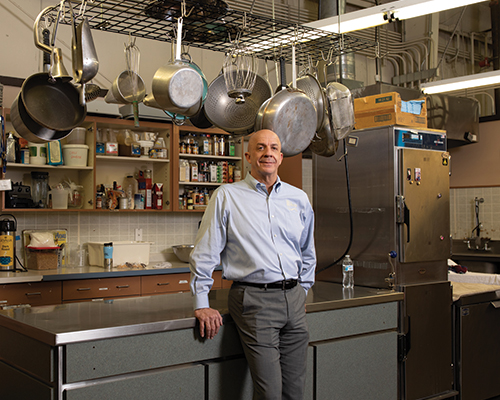


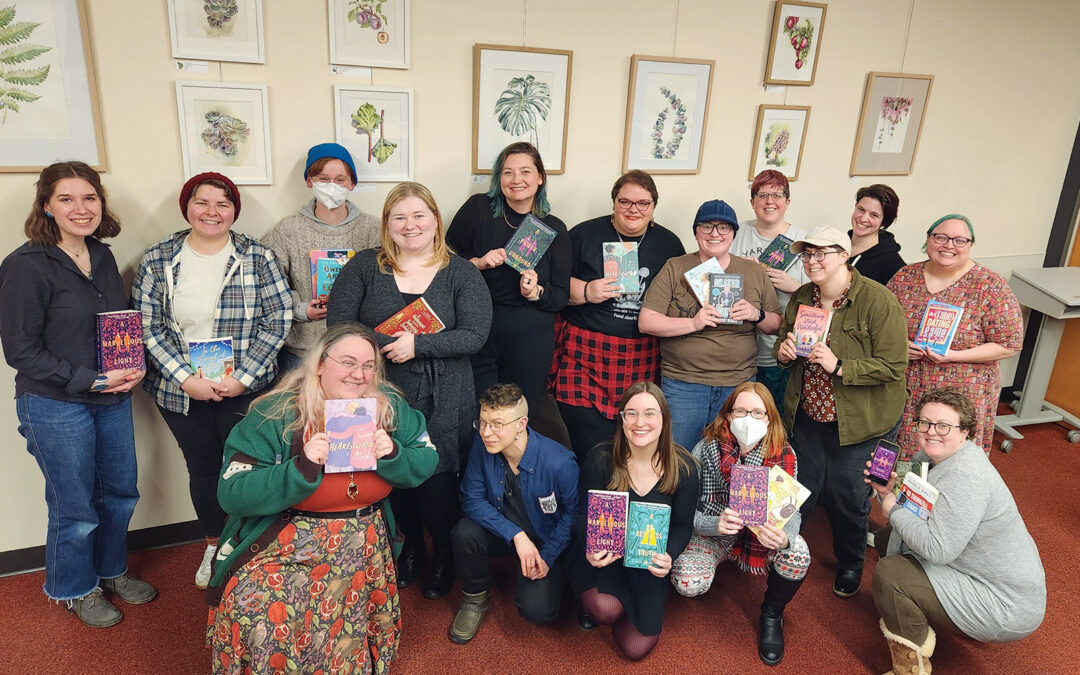
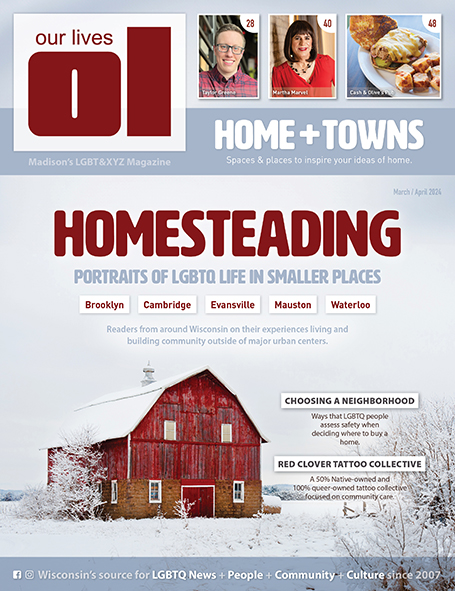
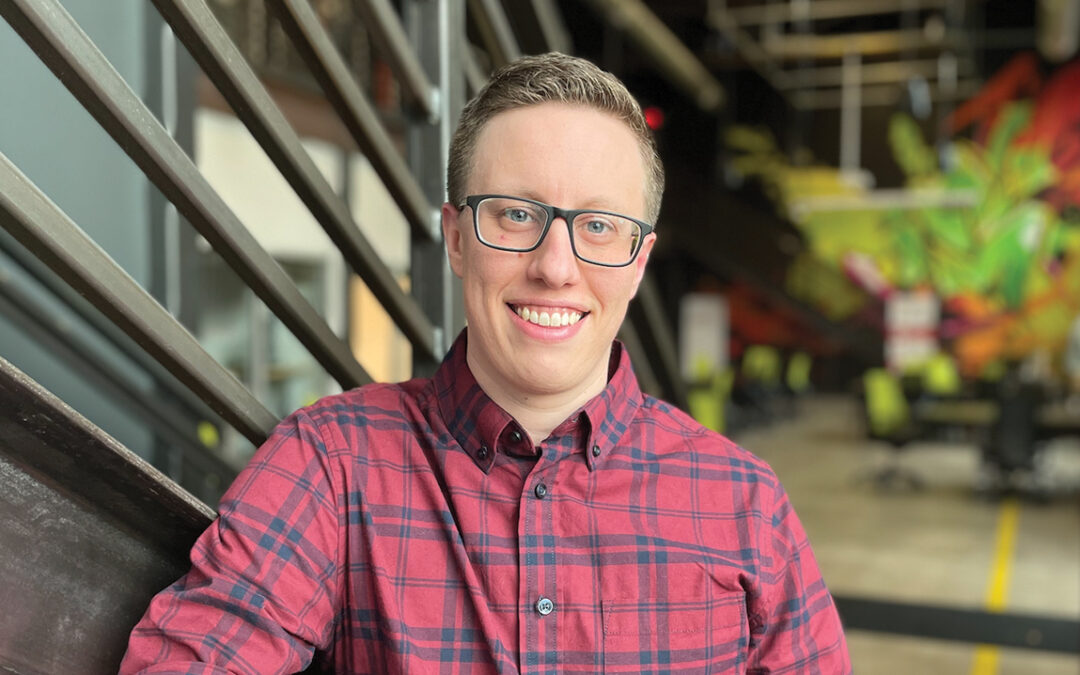
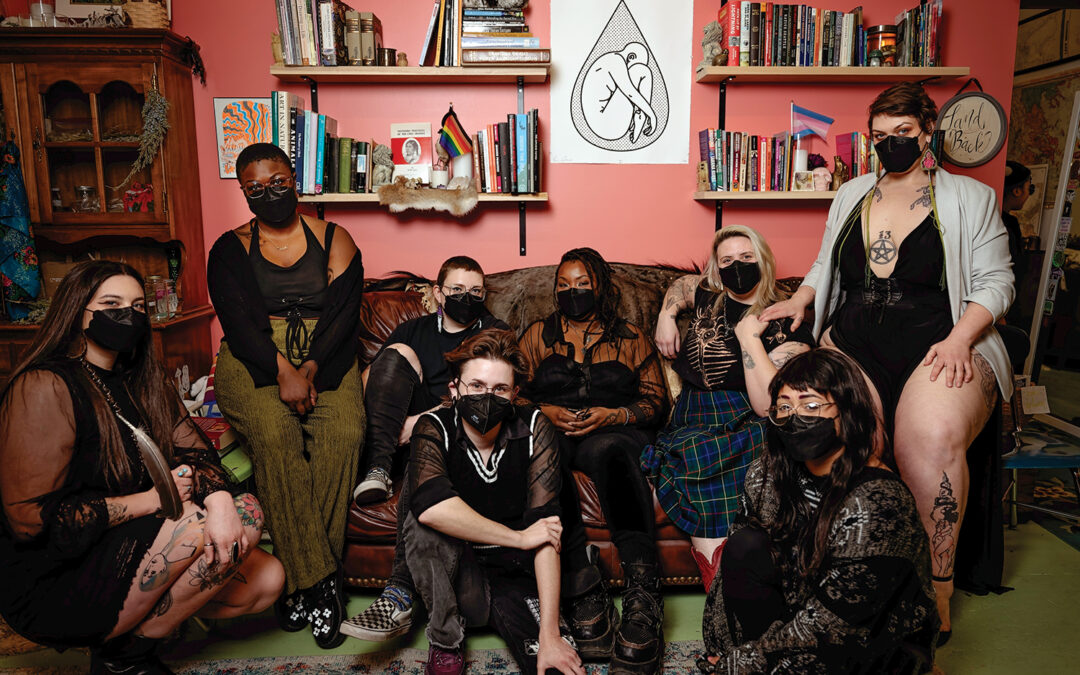
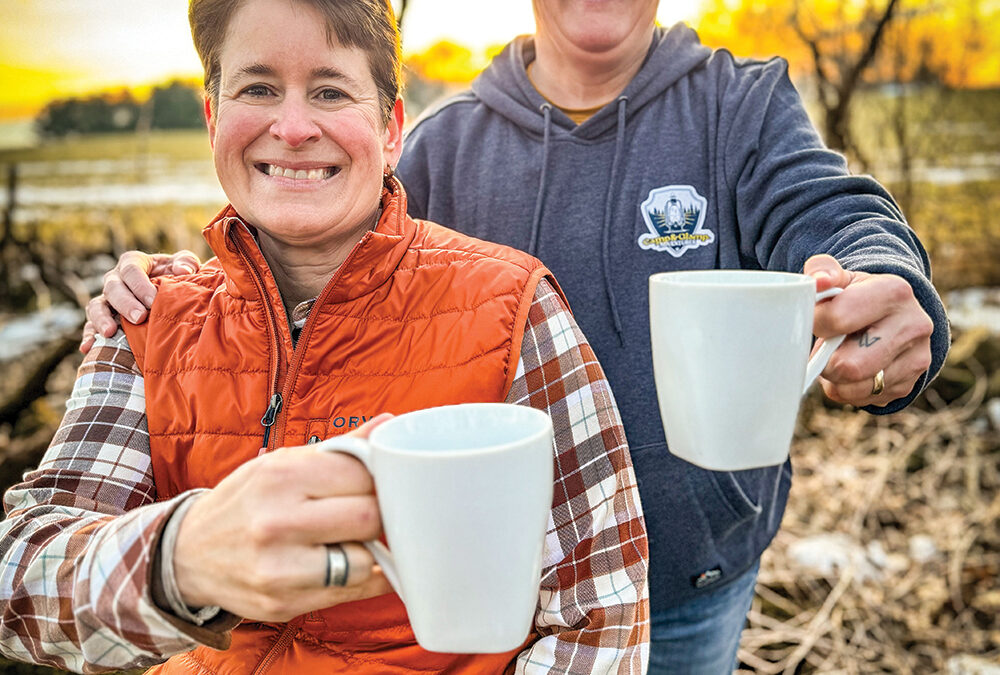
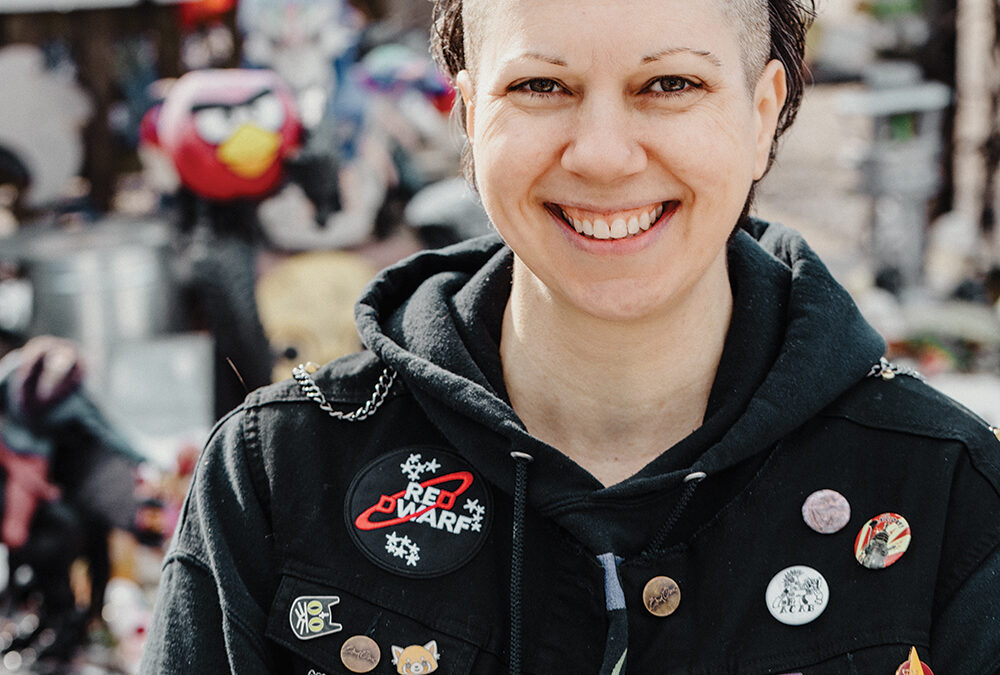
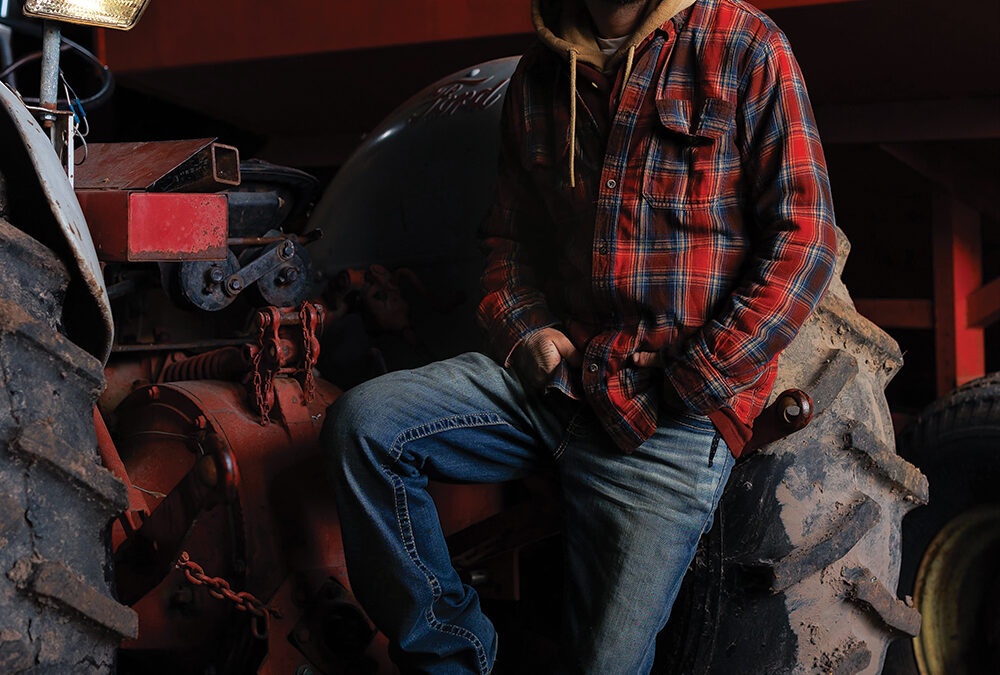
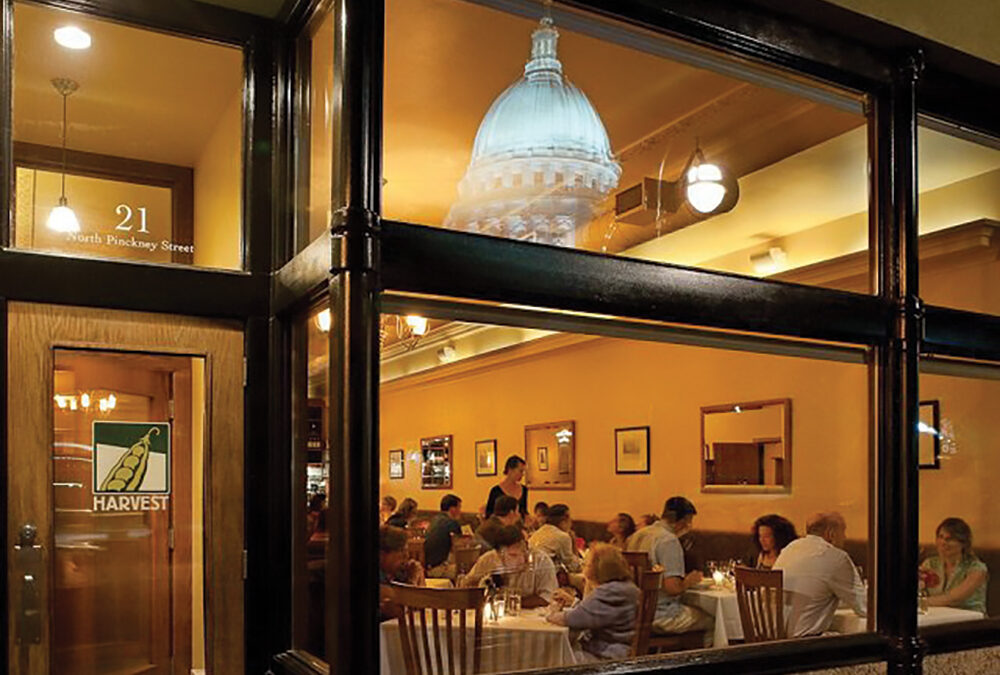
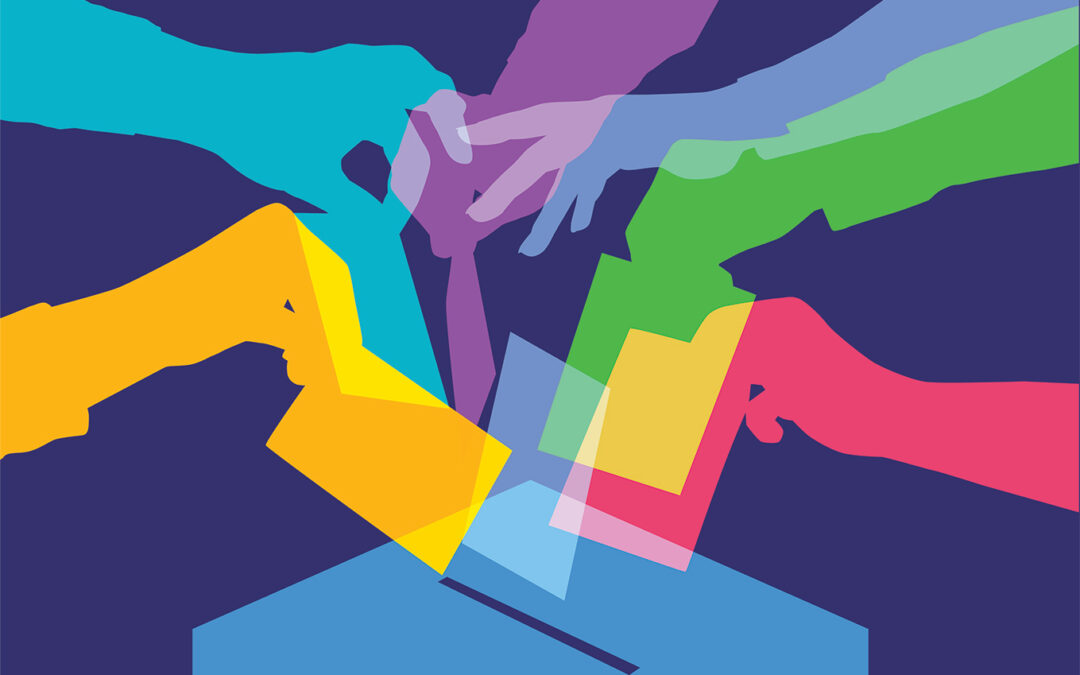
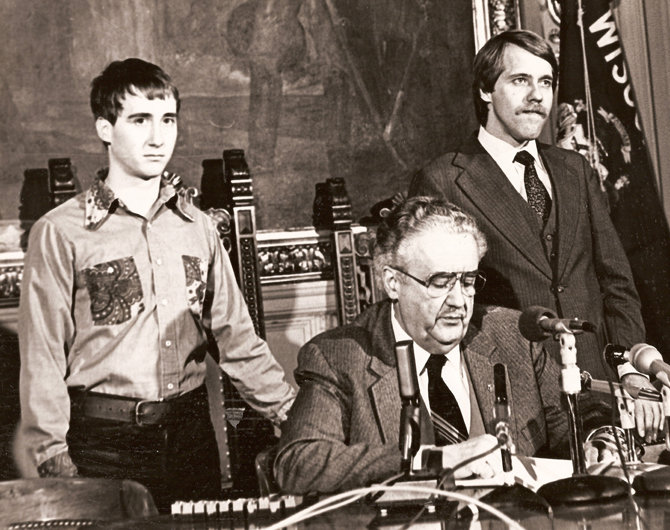










0 Comments